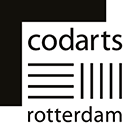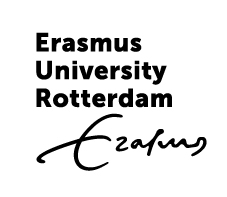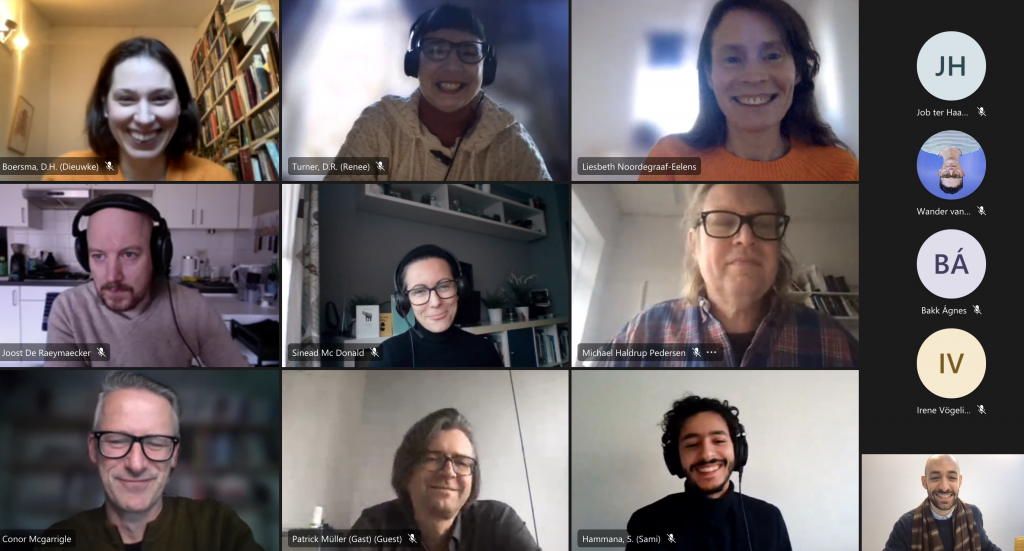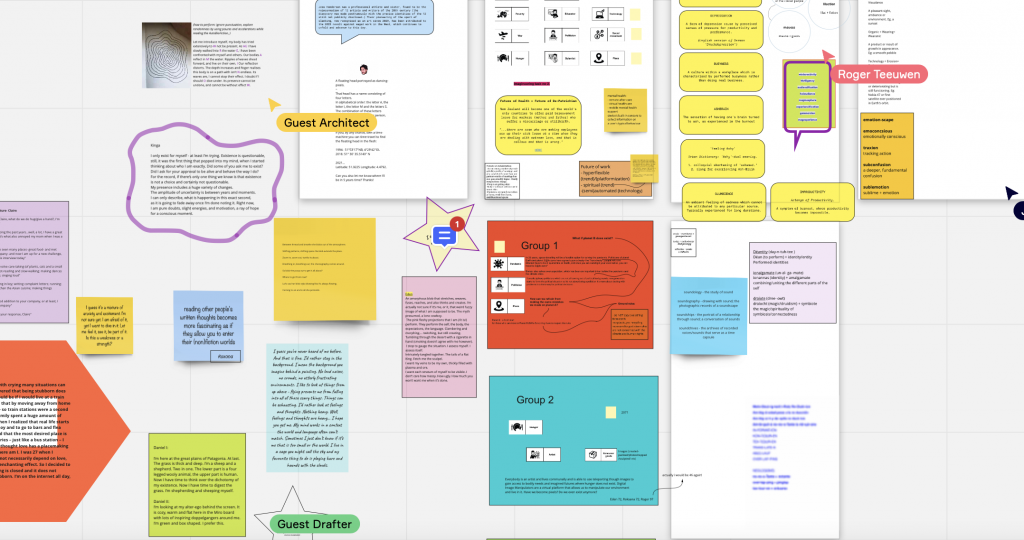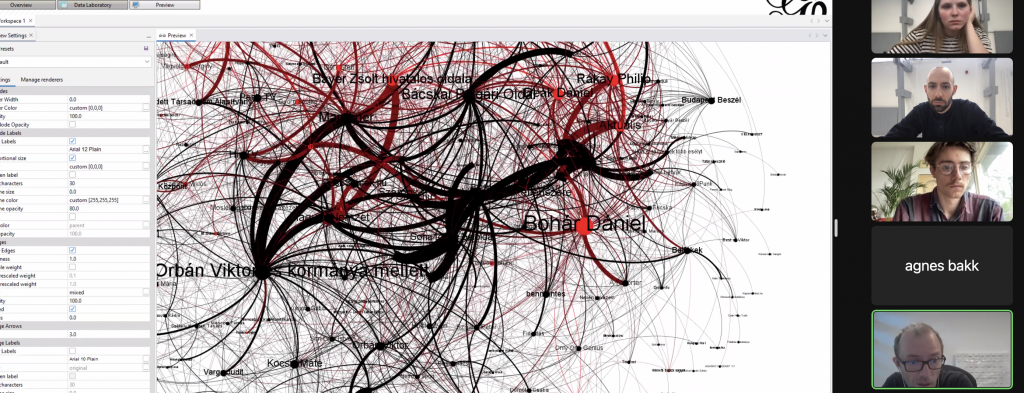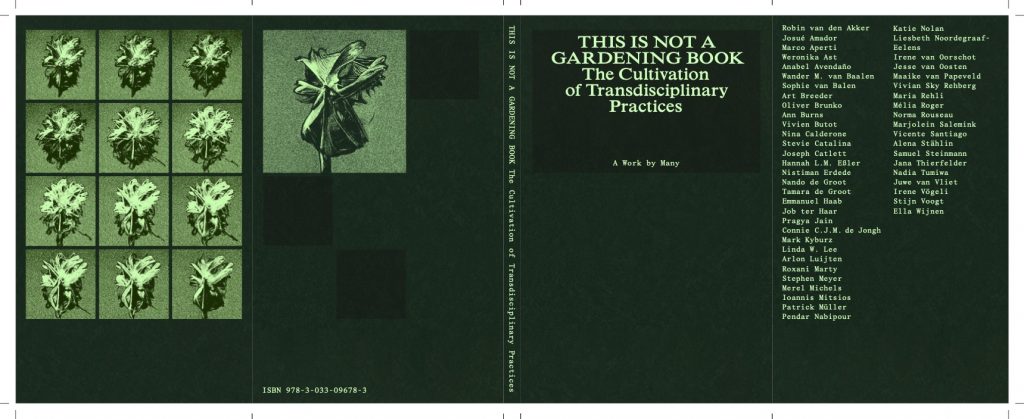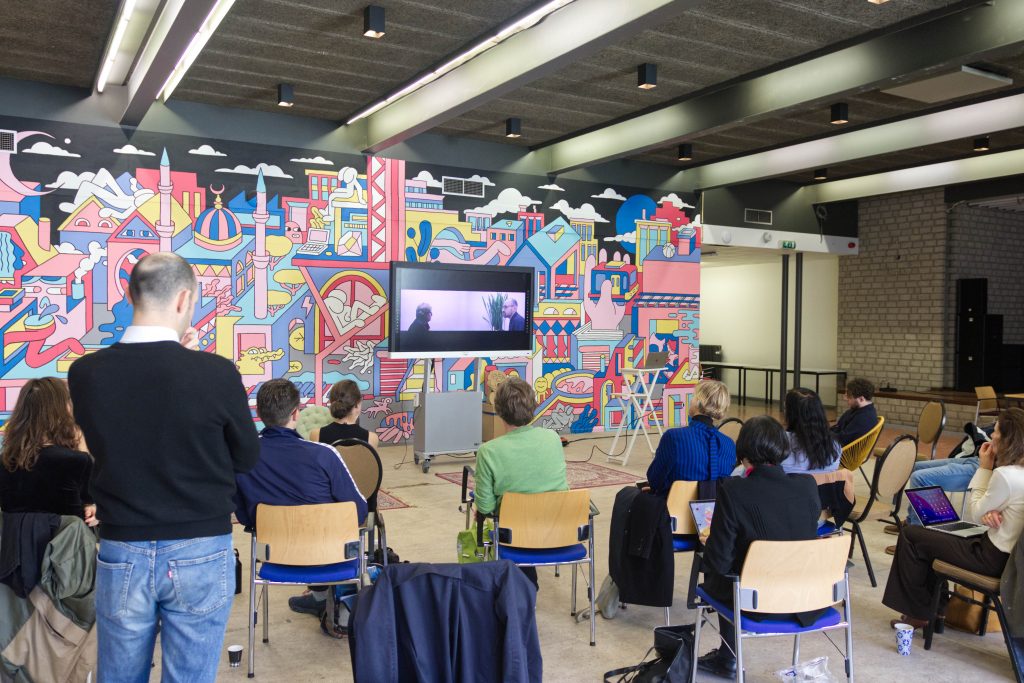Exploring Transdisciplinary Education combining Arts & Sciences is a EUR+ project that aims to recalibrate 21st century education in order to address the complex problems of current and future times.
The consortium is formed by seven European universities Erasmus University Rotterdam, TU Dublin, Moholy-Nagy University of Arts and Design, WdKA Rotterdam University of Applied Sciences, Roskilde University, Codarts Rotterdam and Zurich University of the Arts united by common interested in transdisciplinary education.
Transdisciplinarity is a context and issue specific composition that is employing scientific knowledge (including inter, multi, cross-disciplinary knowledge), artistic knowledge and societal knowledge. This is in contrast with (disciplinary) approaches aimed at knowledge transfer. Transdisciplinary education is about knowledge creation

